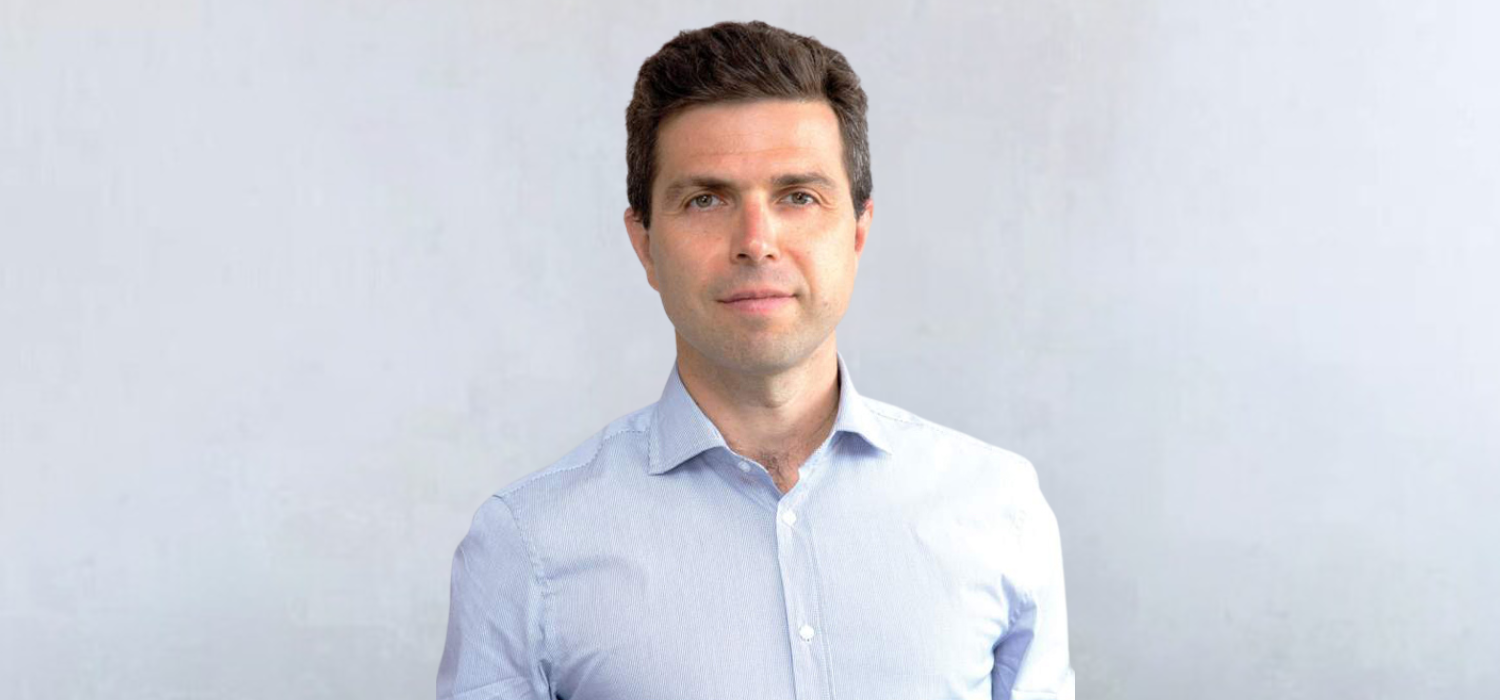The spread of an ‘out-of-home delivery culture’, capable of making eCommerce even more sustainable than it already is, also depends on the enablement of proximity pick-up services on online stores. But what are the most interesting ongoing projects in this respect?
We talked about this, and much more, with Michele Barbagli, CEO of Sintra Consulting Srl, a company that deals with the development of eCommerce platforms and that, thanks to its experience in technology and context, in the Fashion, Beauty & Health Care and Sports & Entertainment sectors, is able to foresee the integration of technology with a deep understanding of customer needs, market trends and operational challenges.
Michele, thank you for your availability. First of all, can you help us better understand who Sintra is and what it does?
Sintra is a company founded in 2000, present in Italy and Poland with more than 100 employees and customers in Europe and North America. Around our technological DNA built through our passion for technology, software development for large customers and eCommerce development, we have built an integrated offer for the world of eCommerce and omnichannel retail.
Our eCommerce offering, which to date is focused on the Shopify Plus & POS platform, is completed with solutions for product catalogue management (PIM/DAM), complex enterprise and B2B portals (DXP /Liferay), systems & cloud integration, ERP platforms (Oracle Netsuite) and data collection and analysis solutions (BI & Analytics/PowerBI). The weight of software development and vertical technology consulting for large companies remains strong in the composition of our activities.
Among other things, Sintra offers a solution, the SOH Suite, which promises to make online sales flows more efficient and foster omnichannel processes. Can you tell us more about it, and especially what developments do you see in logistics on the platform?
Developed as of 2018, SOH is a platform designed to make online sales flows more efficient and encourage omnichannel processes: in addition to product catalogue management, it integrates an order management/routing module (OMS), stock management and, above all, O2O (Online2Offline) processes such as in-store pick-up/return and dispatch from store/secondary warehouse. The synergy between online and offline will become more and more decisive for improving the key sales indicators: increased traffic/visitors, conversion rates and average receipt. In my opinion, this synergy affects these values for both eCommerce and more traditional physical shops. For this reason, we are developing 2 new vertical SaaS solutions: OMS/O2O the first, IpaaS (integration between systems) the second.
As far as developments in logistics are concerned, recent trends in the area of environmental sustainability, but also economic sustainability of retail, will lead to the need to optimise the use of stock and logistics flows; in this context, I expect a future with more ‘distributed’ logistics, proximity warehouses/logistics for certain product categories, an increase in the use of Lockers and Delivery Points proportional to savings in terms of shipping time and costs, Lockers and Delivery Points ‘verticalised’ with respect to specific merchandise (e.g. Refrigerated Lockers for fresh products; the same could happen for delivery points). We are preparing ourselves with scalable SaaS solutions capable of responding to these future needs for proximity and micro-logistics built around UX.
In Sintra you are also involved in replatforming. What are the main opportunities but also difficulties in this process?
Technology replatforming offers the opportunity to align technologies with business strategies, stimulating innovation and organisational transformation. Challenges include adapting to evolving business strategies, managing change among employees and coordinating with multiple vendors, as well as choosing between adopting or adapting platform functionality. A critical challenge is the training and upskilling of employees, which is essential to maximise the benefits of the new technology. This requires a balance between technological adaptation, effective change management, strategic collaboration with suppliers and investment in training, thus ensuring a smooth and productive integration of the new platform.
Sintra is always very attentive to trends in the eCommerce sector. Can you tell us something about the ongoing plans to enable Proximity Pick-up services in your stores and what are the needs that drive digital consumers to demand an alternative to the classic home delivery?
Nearby collection has yet to be appreciated in its full potential. Advantages such as lower shipping/delivery costs, consequent lowering of the free shipping threshold(s), flexibility in pick-up and/or return have yet to ‘permeate’ the culture of many companies. So many opportunities to be seized, in my opinion, with a still very heterogeneous offer, sometimes overlapping between shipping brokers, SaaS platforms, networks of delivery points and Locker and so on. This makes everything difficult to understand for operators who are looking for solutions and not new choices to make.
Sintra has a business unit in Poland, a market with a strong digital propensity and which is much more mature than the Italian market. Can you tell us which logistics solutions are most requested by Polish consumers from which Italy could take an example, and in particular how do their online shopping habits differ from those of Italians?
Poland is a young market with a strong digital propensity. Young Poles see the digital world as a path to growth and defining their identity. In a scenario with incomes comparable to those in Italy, a low tax wedge, a cost of living 40% lower than in northern Italy and incentives for births, young Poles are a target with a strong spending capacity, very attractive to all retailers. It is no coincidence that companies such as InPost, the European leader in the Locker sector, as well as numerous digital companies have developed and are gaining a foothold on the world stage. As far as I have observed, purchasing habits are similar to ours, but it is the target around which we find purchasing power that has shifted towards a new digital native generation capable of appreciating all the innovations in this sector.
We thank Michele Barbagli, CEO Sintra Consulting, for his availability and we look forward to the next interview!












